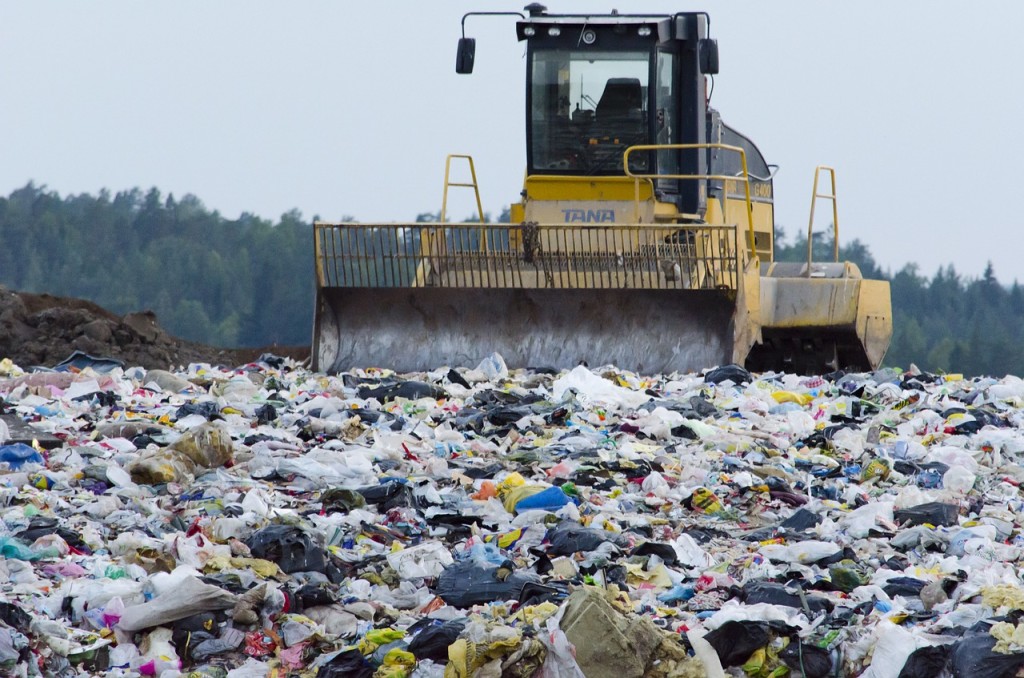I have a confession to make. I don’t recycle as many people understand the term. I try to reduce and reuse-I “recycle” shirts, towels, dishes, and the like in that I don’t discard them after one use, but several years ago I stopped recycling in the sense that I don’t put bottles, cans, and newspaper in a separate container that I set next to the curb in front of my house. I throw it all away.
What ultimately convinced me was this 2007 EconTalk podcast featuring Duke University economist and political scientist Michael Munger and the accompanying essay titled “Think Globally, Act Irrationally: Recycling.”
It’s important to note that the resources consumed in the production process don’t simply disappear into thin air. They’re waiting in landfills to be reclaimed. Here’s a hypothesis: opening the borders would lead to a massive increase in recycling. Many of the world’s poorest live in garbage dumps where they scavenge for things they can reclaim and sell — in other words, things they can recycle. For people asking “what will they do?” if more people are allowed to move to the US, here’s one possibility: recycle our stuff.
How do we know the best course of action? How do we know which uses of resources are most efficient? Enter market exchange. Prices, profits, and losses are guides to action. Prices measure the value of a resource (an hour of skilled labor, a pound of aluminum, a gallon of water) in all of its alternative uses. If you’re trying to figure out which of an array of production methods uses the fewest resources, the answer is simple: the one that costs the least.
Valuable resources are consumed in the recycling process, and the most valuable is the time, energy, and attention of those who are busy recycling. Maybe you’re a student and you don’t understand calculus as well as you would have if you weren’t busy emptying recycling bins. I don’t know which trade-offs you should make as I’m not you and don’t know your circumstances, but I can point out that you need to count all the costs and not just some of them.
This isn’t to say there aren’t real and serious environmental problems. Consider: you pay the same price to throw away a biodegradable rotten tomato as you pay to throw away a battery, a cell phone, or a printer cartridge.
If we’re honest with ourselves, I think we’ll admit that a lot of this is motivated by the quest for self-justification that motivated those who questioned Jesus. We’re looking for things to be smug about; we’re like peacocks trying desperately to show that our plumage is greener than others’.
This isn’t to say there isn’t some value in recycling as a civic ritual. After all, I take communion at church even though the nutritional value is trivial and it really doesn’t get the job done as snacks go. Rituals serve a very important set of social functions. Let’s not make the mistake, though, of confusing the instrumental social value of the ritual with something else. Recycling doesn’t conserve resources.



